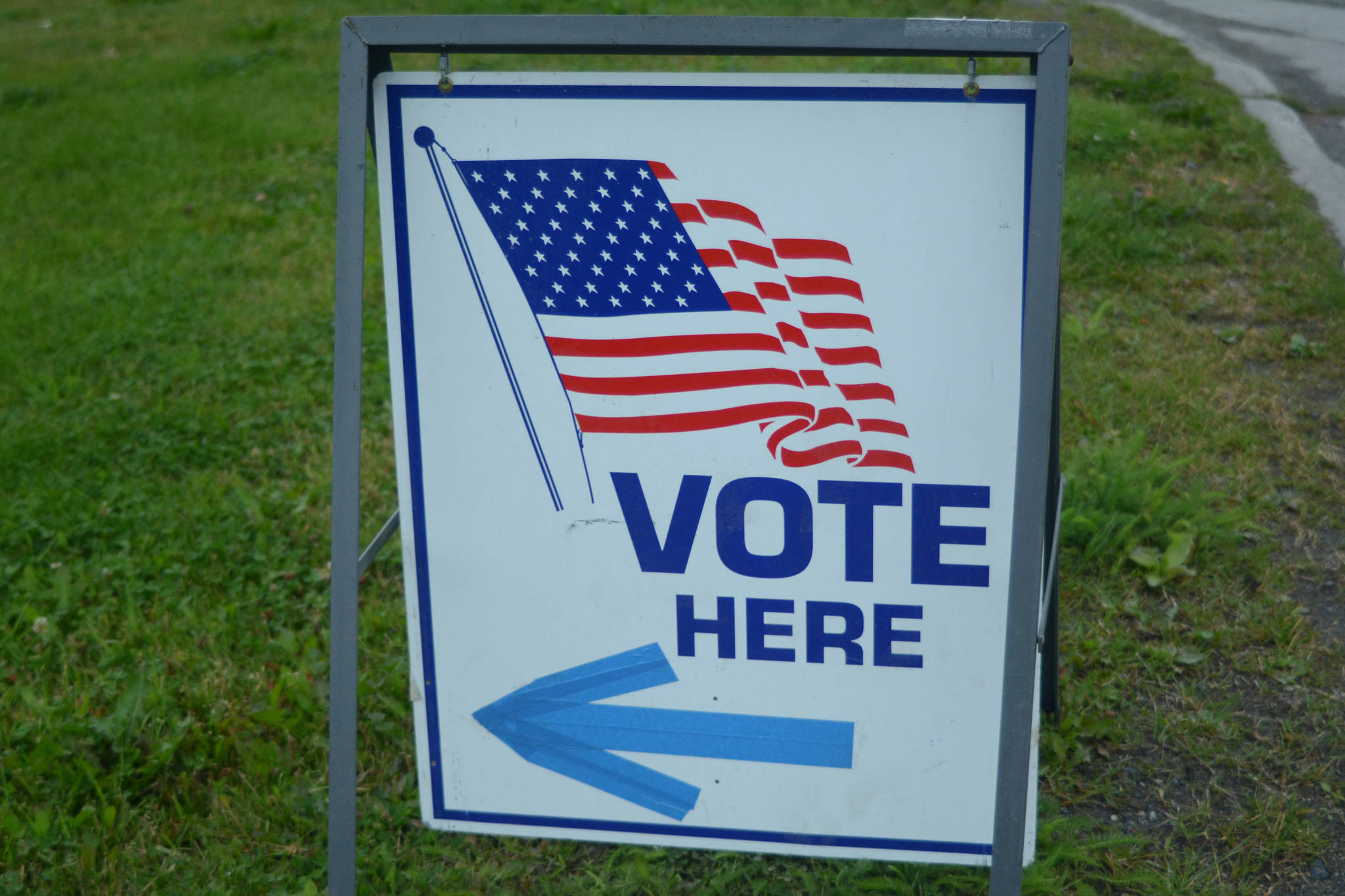By Becky Bohrer
Associated Press
JUNEAU — A divided federal appeals court panel has struck down several campaign contribution caps in Alaska, including a $500-a-year limit on what an individual can give a candidate.
The decision, released Friday, also struck down a $500-a-year limit on individual contributions to non-party groups and the $3,000-a-year cap on total nonresident donations a candidate for office like state House can raise.
It upheld as constitutional a $5,000 limit on what political parties can contribute to municipal candidates.
A statement from the Alaska Department of Law says it has two weeks to decide whether to seek review by a larger panel of the 9th U.S. Circuit Court of Appeals. If the state does not file a petition, the ruling would take effect seven days after the filing deadline.
The department is evaluating its options, according to the statement.
Erin Chlopak, director of campaign finance strategy with the Campaign Legal Center, which supported the state’s position, said the higher nonresident caps in place for races like state Senate or governor were not challenged in the case and are unaffected.
Robin Brena, an attorney who represented plaintiffs David Thompson, Aaron Downing and Jim Crawford, hailed Friday’s ruling as a win for free speech. He also said it put “balance back in the political process.”
He noted the ruling in the context of a 2010 U.S. Supreme Court decision that paved the way for corporations, unions and interest groups to make unlimited independent expenditures.
Friday’s ruling is “good for political dialogue, for the candidates to be able to raise the money they need to have their political voices heard,” Brena said.
The Alaska case dates to 2015, and the plaintiffs said they would have contributed more if allowed to their preferred candidates in state and local races at the time, who were Republican-aligned.
Crawford also said he would have given more if allowed to the Alaska Miners Association Political Action Committee. Thompson, from Wisconsin, said he wanted to contribute to his brother-in-law, then-Rep. Wes Keller, but couldn’t because Keller had reached his out-of-state donor cap, according to the original complaint.
A federal judge in 2016 sided with the state, and an appeals court panel agreed with the findings, except on the nonresident piece. The U.S. Supreme Court later sent the matter back to the appeals court to reevaluate the $500 caps in light of a prior ruling in a Vermont case.
In Friday’s ruling, Chief Judge Sidney R. Thomas dissented from the majority position on the three provisions that were struck down. The majority held that Alaska’s use of annual limits favored incumbents. But Thomas wrote there was “ample record support” showing challengers can and have raised funds needed to run competitive campaigns under the rules.
Thomas also said he would find that Alaska’s “important anti-corruption interest justifies a limit on nonresident speech.” The majority opinion, however, found that Alaska had failed “to demonstrate that the risk of quid pro quo corruption turns on a donor’s particular geography.”
According to the National Conference of State Legislatures, as of late 2019, 11 states did not impose contribution limits on individual donors.
Rep. Andy Josephson, an Anchorage Democrat, said he believed some kind of cap is needed for individual contributions to candidates. If the decision by the appeals court panel stands, he said the Legislature “should do something about it.”
He said he did not see any appetite by lawmakers to possibly consider the issue until the next regular session, which begins in January. Next year is an election year, with legislative seats and the race for governor on the ballot.

